Sri Lanka to investigate 'Rajapaksa coup plot'
- Published
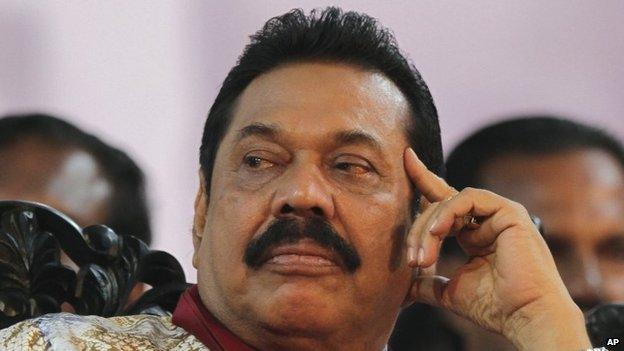
Although there were worries about violence before and after Mr Rajapaksa's defeat, in the event the transition of power was peaceful
The new government of Sri Lanka has said that it will investigate what it says was a coup attempt by defeated President Mahinda Rajapaksa after he lost elections on Friday.
"People think it was a peaceful transition. It was anything but," leading presidential aide Mangala Samaraweera told a press conference.
Mr Rajapaksa's spokesman has said that the allegations are baseless.
The deposed president endured a shock defeat to Maithripala Sirisena.
Mr Sirisena was the main opposition candidate who only two months ago was a minister in the government of the ousted president.
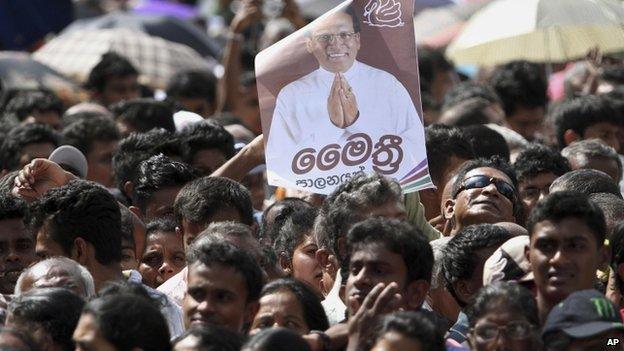
Hundreds of Mr Sirisena's supporters gathered in the hill town of Kandy to hear the new president make his address to the nation
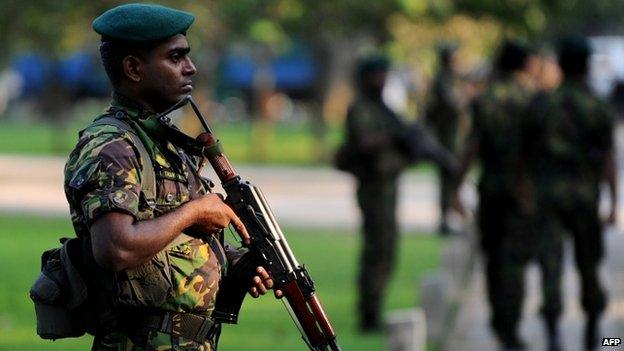
Mr Sirisena's top aide says that the coup attempt failed because the army and the police refused to give it their backing
In an address to the nation on Sunday, the new president called for a government of national unity to carry out political and economic reforms he advocated during his election campaign.
Mr Rajapaksa, who had been South Asia's longest-serving leader before losing last Thursday's elections, had initially been widely praised for conceding defeat to Mr Sirisena before the final results were announced.
Among those who gave him credit for overseeing a smooth transition of power was US Secretary of State John Kerry.
'Very vocal'
But Mr Samaraweera told reporters on Sunday that Mr Rajapaksa had in fact attempted to persuade army and police chiefs to help him stay in power - if necessary with the use of force.
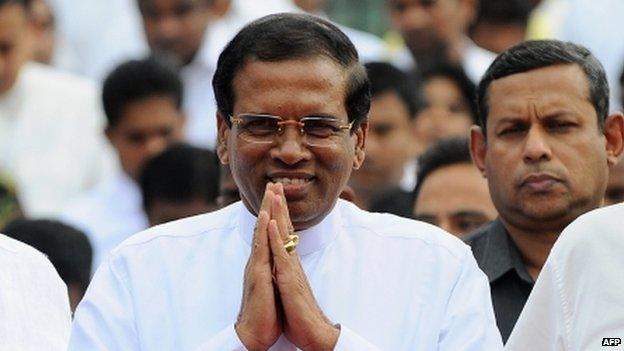
In his address to the nation on Sunday, Mr Sirisena appealed for a government of national unity to instigate political and economic reforms
"The first thing the new cabinet will investigate is the coup and conspiracy by President Rajapaksa," he said.
"[The president] stepped down only when the army chief and the police inspector general refused to go along with him."
Mr Samaraweera said diplomatic pressure had also been brought to bear on Mr Rajapaksa to ensure a peaceful transition.
Military spokesman Ruwan Wanigasooriya told the AFP news agency that he was "not aware" of any coup attempt.
The deposed president's spokesman has also dismissed the allegations as untrue.
"In fact, at 3:30 am on 9 January when the counting was still under way, the president made an assessment and decided what the results would be," Mohan Samaranayake said.
"Then he gave instructions to all secretaries about a smooth transfer of power."
Sri Lanka has largely been free of military interference in politics except for a coup in 1962 that failed to oust the government. Since then, there has been no direct military role in the government.
- Published9 January 2015
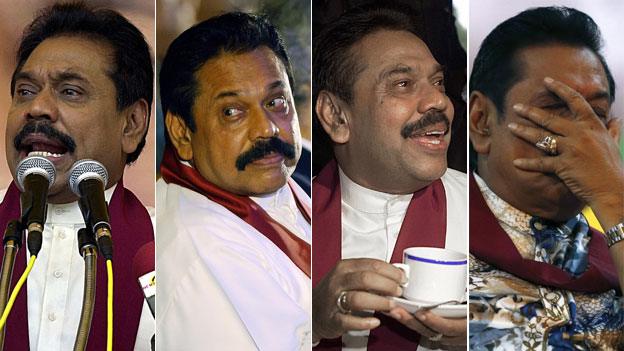
- Published14 August 2015
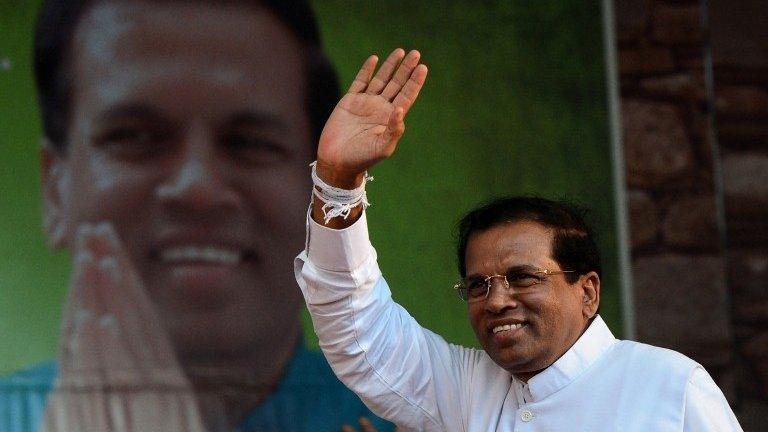
- Published21 November 2019
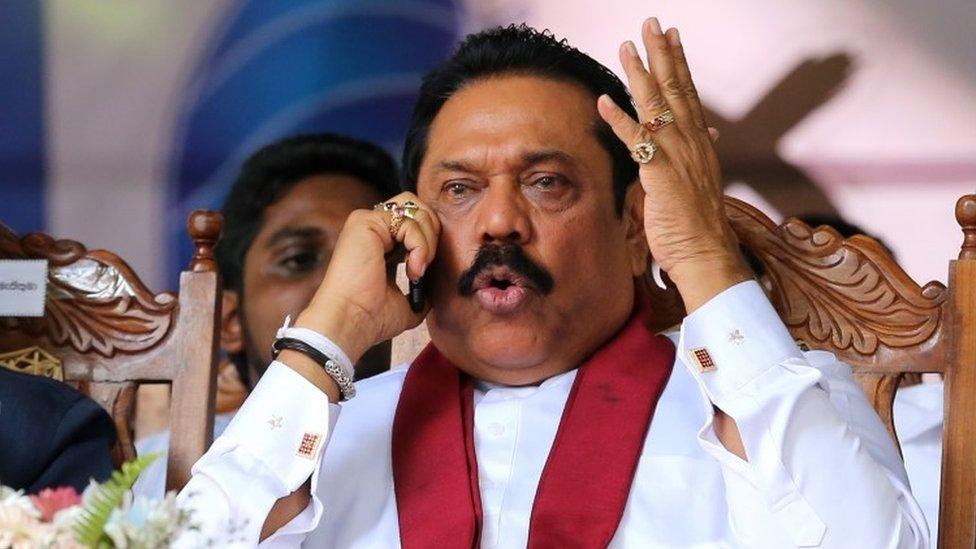
- Published9 January 2015